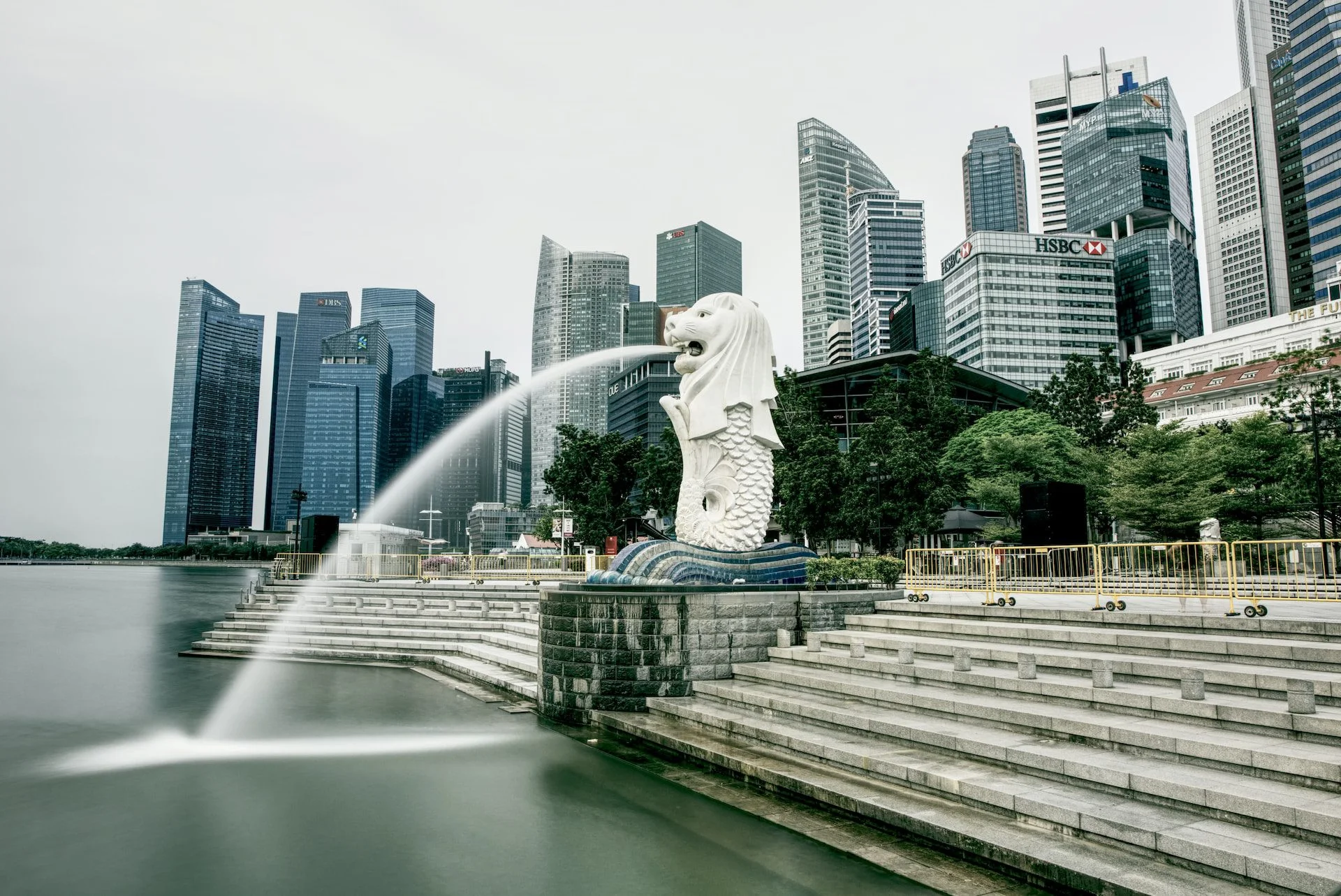There’s no denying the COVID-19 impact on businesses. The global pandemic caused a massive economic downturn and Singapore is no exception. During the first year of the pandemic in 2020, Singapore experienced an overall economic decline of 5.8%. This figure is slightly better than the drop of 6 to 6.5% predicted by Singapore’s Ministry of Trade and Industry. But it is still Singapore’s worst recession ever.
Economic decline and joblessness
Such economic decline led to many businesses shutting their doors and the highest unemployment rate in a decade. Sectors hit the hardest include tourism and the service industry, where approximately 4,370 workers were retrenched between January to October 2020. This was primarily due to the Circuit Breaker and border restrictions intended to minimise the spread of the virus.
Losing a job during this pandemic caused many people to reassess their priorities and rethink what they genuinely want in life. Some chose this opportunity to find employment with better pay or to rekindle long-lost dreams of creating their own business.
Such a way of thinking is what led to “The Great Resignation” phenomenon, where a huge number of workers decided to hand in their resignation in exchange for better employment pay and working conditions, including flexible working arrangements or adopting a hybrid working model. Many of these people have decided to take a chance on their entrepreneurial skills.
New businesses during the pandemic
According to Singapore’s Accounting and Corporate Regulatory Authority (ACRA), there were 63,480 new businesses registered in Singapore in 2020, increasing from 61,573 in 2019. It was the highest since 2016 when 64,933 new enterprises were registered with ACRA.
The same report found that new retail businesses increased 54%, as 9,000 entities formed new companies in 2020 compared with about 5,800 in 2019. Undoubtedly, some of this growth is due to the growing trend of online stores and ecommerce business models.
The COVID-19 pandemic has highlighted the importance of the health and social sectors to keep up with demands worldwide. Therefore, new companies in these sectors were among those on the rebound. For instance, India, the second-most populous country, experienced a 600% increase in these industries compared to 2020.
Another COVID-19 impact on business is the effect it had on the manufacturing sector. The COVID-19 pandemic lockdowns and global supply chain disruptions made governments reflect on their capabilities to manufacture face masks and other healthcare supplies. And the work-from-anywhere model that most businesses have implemented during the pandemic contributed to the demand for manufacturing of technology like 5G.
Ultimately, the pandemic has taught us to be resilient and adaptable. You might have lost employment, or a business may have shut down, but we know that there are a lot of opportunities waiting for us that may still bring us success. We just have to know where to look.
Are you looking to incorporate your new company in Singapore today? Look no further; start it with Lanturn.

